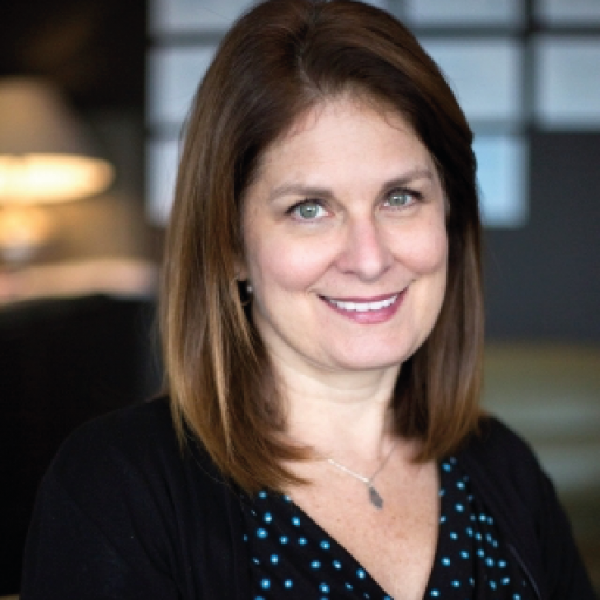By Rabbi Shoshana Boyd Gelfand
March 2024
 My first encounter with Christians came with the words, “Hey there, have you been saved?”
My first encounter with Christians came with the words, “Hey there, have you been saved?”
These words emerged from the mouths of my 6-year old classmates during the first day at my new school in Central Florida, where my family had recently moved. As a Jewish child, I had absolutely no idea what they were talking about. But I came home from school that day and asked my parents why we had moved to such a dangerous place. “Why,” they asked, “do you think this is a dangerous place?” With total naivety, I replied, “Because every person I met today thought I needed to be saved from something.”
Over the years, these Christian classmates became my best friends. My sisters and I were the only Jewish girls in the county, so of course, we made friends with them. This didn’t really impact our friendship…except I knew that every morning on the football field, they gathered for prayer and asked Jesus to please not let me burn in hell. They did it from love. Of that, I am certain. They did it because they cared deeply about me. But I couldn’t help but feel like even my closest friends also looked down upon me in some way because of this.
Fast forward forty years or so and I’m a rabbi teaching at Sarum College. (How I got here is a long story for another time.) What a different dynamic it is!
Several times a year, I travel to the college from London and joint teach a workshop called “Reading Scripture Together” with the wonderful Dr. Jayme Reaves. Similar to my childhood experience with Christians, I’m the only Jew in the room. But unlike my childhood, this is an experience of joint discovery, not judgement. Together our class explores a story from Hebrew Scripture or New Testament, co-led equally by a Christian and a Jew.
My contribution is to offer how a Jew from the time of Jesus might have encountered and interpreted this story, based on Jewish commentaries from the Second Temple Period. In turn, Jayme and the Christian participants share how Christianity has understood that same story. There is no attempt to find a “correct” reading. Neither of us feels sorry for the other or tries to “save” the other; instead, it is an enriching experience for all.
There is a concept in Jewish mystical thought called “tikkun olam,” literally “repairing the world.” It’s the kabbalistic idea that in the course of Creation, as God poured God’s light into the universe, there was a rupture which caused the brokenness that we live with today. According to this theological idea, it is our job as human beings to repair this rupture. Each time we follow one of God’s commandments, a bit of brokenness is healed.
Each time I make the journey down to Sarum College, I think about that kabbalistic idea. I have no idea if it is “true” in the scientific sense of Truth. But I do know that my classes at Sarum are deeply healing. Whatever it is that my students gain from our shared learning, I feel that my own relationship with Christians is being repaired, and that my relationship with Christianity has moved from a place of judgement to a place of love. How appropriate.
======
Rabbi Shoshana Boyd Gelfand is a Visiting Scholar at Sarum College View her bio
She teaches on the Reading Scripture Together Series. Forthcoming sessions in 2024 are:
Women at the Wells (18 April)
Jews in Royal Courts – Esther (24 Sept)
Jews in Royal Courts – Joseph (20 Nov)
Rabbi Shoshana interviewed novelist Marilynne Robinson (21 March 24) on the Church Times podcast
Sarum Visiting Scholar Rowan Williams is leading a day (5 June 2024) on Robinson’s novels and essays – Telling Stories About God

Leave a Reply